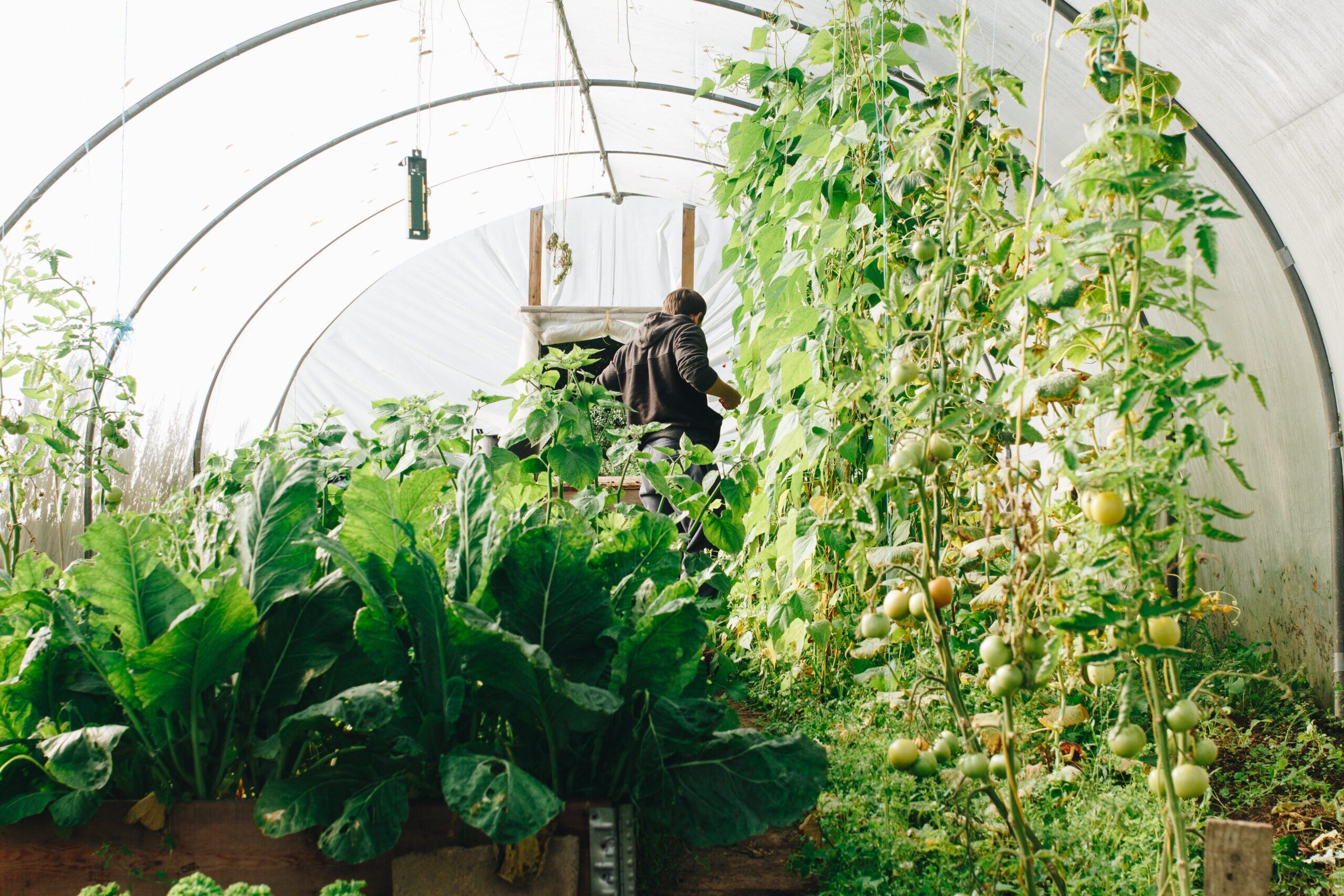Cultivating Growth: Benefits of a Community Garden Volunteer Experience
Residences & Programming • Written by: Cornerstones of Maine

Volunteering has always been an essential part of the Cornerstones of Maine program. One of the six essential life skills domains at our young adult transitional living program is interpersonal growth and we believe volunteering serves as a character building activity that fosters such growth. Additionally, incorporating weekly volunteering into our client’s schedules creates structure, while teaching them the value of showing up in community. One of our volunteer partners at The Shaw House is the Biddeford Community Gardens. In this article, we will explore three key benefits that our young adults gain from their volunteer experience at the community garden.
1. Skill Development and Practical Learning
First, community gardens serve as fertile grounds for cultivating not only plants but also valuable life skills. Young adults at Cornerstones engage in a variety of hands-on experiences. For example, they are learning the art of gardening, understanding plant cycles, and acquiring practical skills such as planting, weeding, and harvesting. These activities contribute to their personal development by instilling a sense of responsibility and accomplishment. Additionally, the knowledge gained from the community garden setting extends beyond the physical garden, fostering a deeper understanding of environmental sustainability and healthy living.
“This week, the clients are working on individual mosaic tiles for a community-based mural project for Pierson’s Lane Children’s Garden. We will also be working with them on plans for our Spring Pollinator Celebration in May and other garden plot plans galore!” - Holly Culloton, Director of BCG
2. Building a Sense of Community and Connection
Second, a community garden serves as a communal space that brings people together. Young adults volunteering at the Biddeford Community Garden experience a sense of belonging and connection as they collaborate with peers, mentors, and community members. The shared goal of nurturing the garden fosters teamwork, communication, and mutual support. Moreover, this sense of community extends beyond the garden, providing a foundation for building positive relationships and social skills that are essential for their journey towards independence. “One of our clients while volunteering mentioned they were interested in getting into HVAC. The team at BCG put them in touch with someone they could apprentice under. It truly is interpersonal growth, health and wellness education, and professional development all at once!” says Megan McCue, Life Skills Coach.
“We have discussed creating a small raised bed garden in front of The Shaw House for clients to grow salad greens and other veggies they can use when preparing meals. One of the clients actually asked to meet with me so they can lead these planning efforts!” - Holly Culloton, Director of BCG
3. Promoting Mental and Emotional Well-being
Finally, gardening has been proven to have positive effects on mental and emotional well-being. Young adults facing challenges while transitioning into adulthood often deal with stress and anxiety. To this end, the therapeutic nature of gardening provides a constructive outlet for these emotions. The act of tending to plants, witnessing growth, and being surrounded by nature contribute to a sense of calmness and self-reflection. Through the community garden volunteer experience, young adults develop resilience, coping mechanisms, and a deeper appreciation for the interconnectedness of mental health and nature.
“I have found the Cornerstones clients to be a creative bunch. They are all engaging and willing to try new things. Our BCG garden and community projects are diverse and require the ability to be flexible and self assertive, and they do a great job at this!” - Holly Culloton, Director of BCG
Conclusion:
The benefits of a community garden volunteer experience for young adults at our program extend far beyond the cultivation and care of plants. It becomes a transformative journey where practical skills, a sense of community, and improved mental well-being converge. As these young individuals navigate the path towards independence, the community garden serves as a metaphorical and literal foundation for growth, resilience, and connection.

